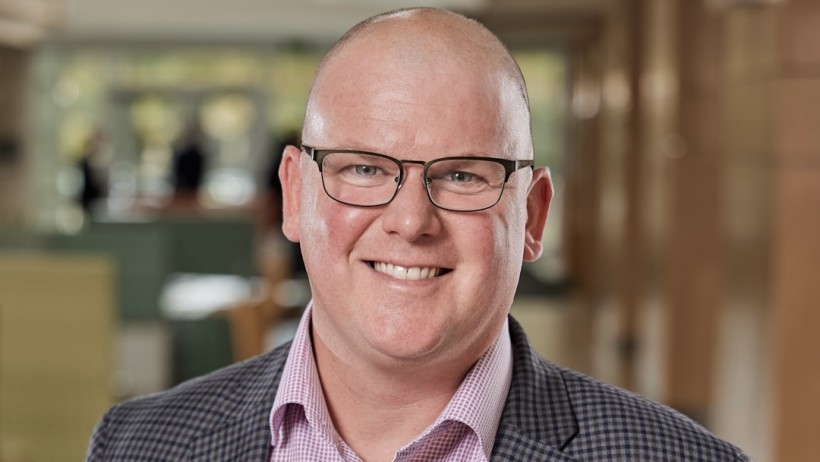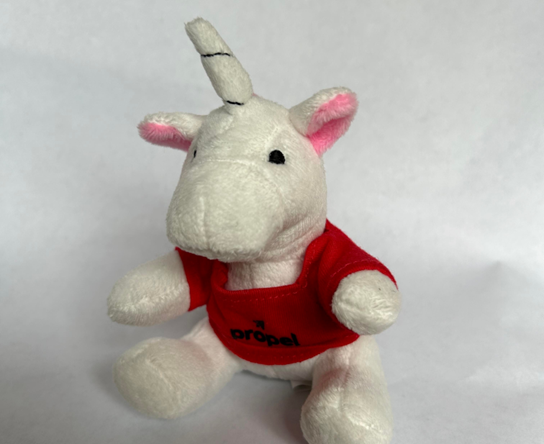For years, the ambition of the Atlantic Canadian startup community has been to produce a unicorn. Now, it’s worth asking whether it’s too soon to talk about developing a cluster of unicorns on the East Coast within a few years.
The fact is we’re a lot closer to having a group of unicorns than many people realize. There are a few companies in the startup community that could cross the threshold in the coming years.
Of course, as we saw with Meta Materials – which was valued at several billion dollars when it listed on the Nasdaq but later failed – even becoming a unicorn on paper is no guarantee of success. But here are some companies that should be in the discussion.
The Atlantic Canadian startup community for years aspired to produce a unicorn, and realized that dream in 2020 when St. John’s-based Verafin exited for US$2.75 billion. Verafin is still the undisputed Atlantic Canadian unicorn because we don’t need to mince words in the definition. It is a US-dollar unicorn. It was still owned and operated by its founders when it sold for billions. And it continued to grow within St. John’s after its exit.
The Charlottetown-based pharmaceutical manufacturer became a unicorn of sorts when it was sold to California’s Agilent Technologies in 2024 for US$925 million, or C$1.27 billion. The founders sold the company for $100 million in 2013, then it was sold twice after that. Most of the capital gains were booked by the groups that bought the company in 2013 and 2019. However, the BioVectra story demonstrates that a billion-dollar company in the healthcare industry can be developed in Atlantic Canada.
In July 2023, Dartmouth-based CarbonCure closed a venture capital round worth US$80 million, or C$105.7 million at the time. The company did not release the valuation so we have no idea whether the deal valued CarbonCure at more than C$1 billion. It’s possible. And the company continues to grow. The company said just this week that it has captured almost 600,000 metric tons of carbon within the concrete produced with its technology.
St. John’s-based Kraken Robotics, a publicly listed company that specializes in next-generation sonar systems and unmanned platforms to carry them, has a market capitalization (the total value of all its shares) of $654 million. To become a unicorn, the shares would have to increase by about 50 percent, or it would have to issue more stock, or some combination of the two. For what it’s worth, Kraken’s share price increased 151 percent in the 12 months to June 4.
Radian6/Q1 Labs
There was so much cross-fertilization between these two Fredericton companies that exited in 2011-12 that we're going to treat them as a unit. The social media monitoring company Radian6 was purchased for US$326 million, and the cybersecurity pioneer Q1 Labs was reported to have sold for more than $600 million. So let's call them a unicorn, as author Gordon Pitts did in his book Unicorn in the Woods. Sadly, these operations are no longer present in the region.
Could another company surprise us one day with an announcement that it had sold out for a ten-figure windfall?
Halifax-based Dash Social, the social media management company formerly known as Dash Hudson, was named the Business of the Year at the Halifax Chamber of Commerce’s 2025 Halifax Business Awards. It has more than 200 employees and growing. It’s getting unicornish.
Site 20/20 of Dartmouth has made the Deloitte Fast 50 for two years running. placing 31st on the list of meteoric Canadian startups in 2024, with revenue growth of 686 percent in the past four years. The company, which makes automated traffic lights for construction crews, closed a venture capital round in August. The total of this round was not revealed publicly, but we believe it was the largest VC round of the year in the Atlantic region.
Then there could be the company that surprises us – someone who had quietly been doing remarkable things and caught a hot market. Stay tuned.

About the Atlantic Canada Startup Data report
This article was adapted from a section in our 2024 Atlantic Canada Startup Data Report. For 11 years, we have produced the Atlantic Canada Startup Data report, documenting the size of the startup community and following such metrics as revenues, employment and funding. We compile the data based on confidential surveys completed by CEOs and interviews with the companies. You can download the report here.









